BALBALASANG NATIONAL PARK
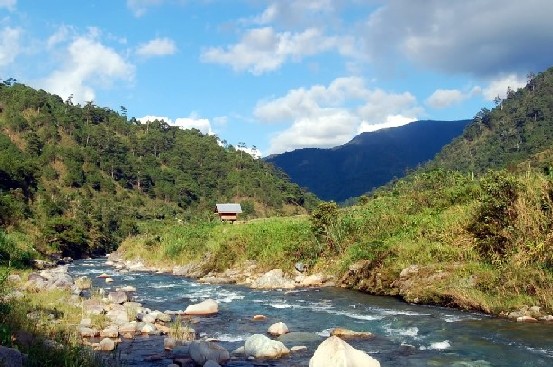 Photo from: s4.zetaboards.com
Photo from: s4.zetaboards.com
Balbalasang-Balbalan National Park (BBNP) is in the northern Cordillera. It is a protected area (PA) under the National Integrated Protected Areas System (NIPAS), having been proclaimed by Congress on June 17, 1972 through Republic Act No. 6463.
 Photo from: s4.zetaboards.com
Photo from: s4.zetaboards.com
The Park belongs to the Luzon Biogeographic Region and representative of the Cordillera Mountains, a unique center of endemism on Luzon. It is composed of two mountain ranges with numerous creeks all draining towards the Saltan River. The topography of BBNP is mainly mountainous. Mt. Sapocoy is the highest peak at 2,546 meters. It is located at the western boundary of the park overlooking the Ilocos and Cagayan Valley. The lowest point in the park, with an elevation of 700 meters, is at Balbalan in the eastern portion. The boundaries of BBNP fall within the territorial jurisdiction of the municipality of Balbalan, Kalinga Province.
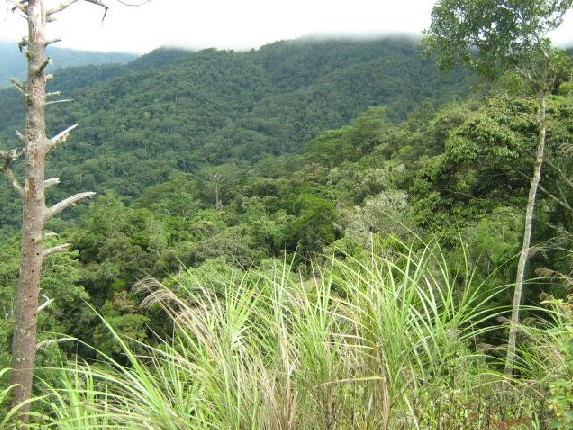 Photo from: errolgatumbato.wordpress.com
Photo from: errolgatumbato.wordpress.com
Despite its relatively small area, BBNP retains largely intact primary forest at elevations above 1,000 meters, consisting of montane and mossy forests. The lowland forest, particularly below 900 meters, is chiefly disturbed secondary forest. Agricultural areas and brushlands are more dominant in the lower elevations. Patches of pine forest is distributed widely whenever disturbance and clearing of the original vegetation had occurred. Rivers and streams are its main aquatic habitats. Caves have also been reported in the lower areas of the Park.
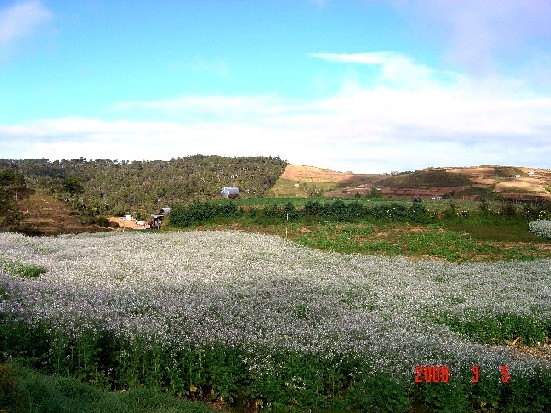 Photo from: nnc.gov.ph
Photo from: nnc.gov.ph
BBNP is considered as one of the more biologically interesting and important sites for biodiversity in northern Luzon (Tabao et al., unpubl). Recent survey of BBNP, which covered only up to 1,800 meters, indicates the rich biological diversity of the area. A total of 89 species of birds, 23 species of mammals, 13 species of amphibians, and 13 species of reptiles were documented. There were also between 20 and 25 species of earthworms recorded. Majority of those documented is potentially new to science. The likelihood that these numbers will increase as more habitats and higher elevations are surveyed is high.
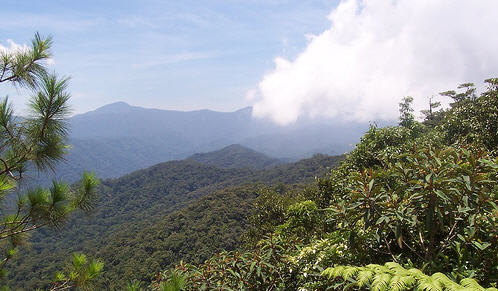 Photo from: nicethailand.com
Photo from: nicethailand.com
While none of the recorded species in BBNP is Critical or Endangered, four species of birds are categorized Vulnerable (2002 IUCN Red List of Threatened Species), among them are the Whiskerred Pitta Pitta kochi, Luzon Water Redstart Ryacornis bicolor and Luzon Jungle Flycatcher Rhinomyas insignis. Four species of mammals are also listed as Vulnerable, two of which are the Philippine warty pig Sus philippensis and the Luzon montane striped shrew-rat Chrotomys whiteheadi. It was also reported that some Luzon endemic mammals, including the northern Luzon giant cloud rat Phloemys pallidus, may be found on this IBA. The smooth-fingered narrow-mouthed frog Kaloula kalingenis and the poorly-known endemic Luzon narrow-mouthed frog Kaloula rigida have also been recorded.
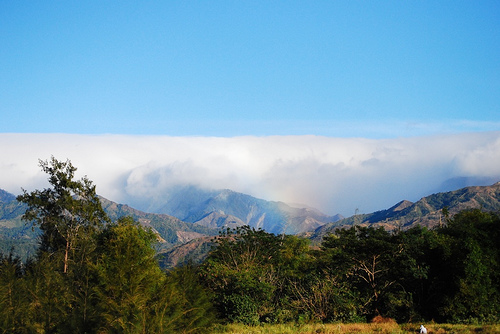 Photo from: skyscrapercity.com
Photo from: skyscrapercity.com
A total of 866 people in 173 households reside within BBNP. Some 357 hectares of the Park are covered by ancestral domain claims of indigenous peoples (IPs). Most of the inhabitants in the KBA belong to the Banao tribe occupying barangay Balbalasang, Talalang, and Pantikian with an estimated population of 2,500. Other tribes occupying the area are the Salegseg and the Gubang tribes.
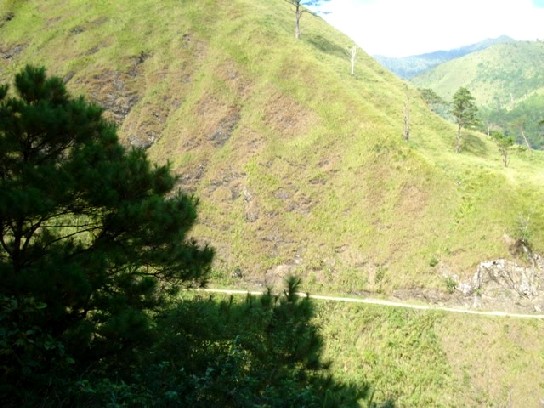 Photo from: skyscrapercity.com
Photo from: skyscrapercity.com
It is to the traditional budong or council of the Kalingas (sub-tribe of Banao in the PA) that the protection of the forest is mainly attributed. The budong has proved itself to work in forest protection. The commitment on the budong is based upon the reality that the 5,000 residents in the PA rely upon the Park for their very existence. Their social, political, economic, cultural, and physical lives are not independent of the PA. In fact, so strong is the budong that an active encroachment into the PA by a neighboring tribe is being resisted and discussed in the budong, not in the Protected Area Management Board (PAMB), with veiled threats of headhunting if the other tribe persists.
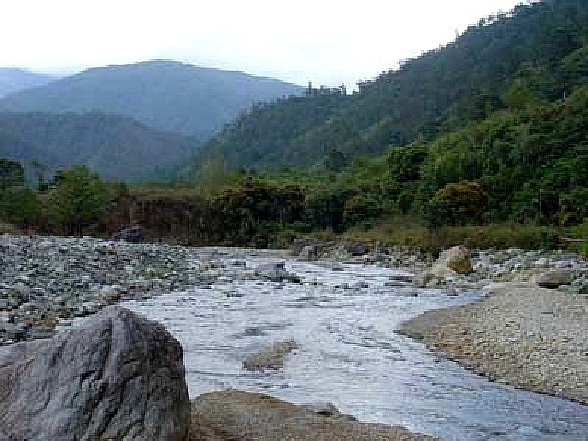 Photo from: reecs.org
Photo from: reecs.org
Among the threats to the conservation of this KBA are mining, lack of information/data in the area, water shortage, deforestation, forest fire and swidden (kaingin), chemical-based farming, domestic and municipal waste, and sedimentation of water bodies. (REECS 2008) The NewCAPP is working closely with its partners – the Concerned Citizens of Abra for Good Government (CCAGG), the Peoples Organizations, the IPs and the DENR–CAR – in strengthening the existing management regimes in the area.
Text Source: newcapp.org
Watch the Video:
TABLE OF CONTENTS
The Cordillera Administrative Region
Kalinga in the Cordillera Administrative Region
Colorful Festivals and Events in Kalinga
Natural Points of Interest in Kalinga
How to Have Fun in Kalinga
Other Visitors Also Viewed:
Lapay Bantigue Dance Festival Shows the Gracefulness of the Seagull
Swim in The “Amazingly Pink” Pink Beach of Northern Samar
Panhulugan Caves Inside the Sohoton National Park
Tultugan Festival – Bamboo Dance and Music
Kasag Festival in Celebration of the Blue Crabs
Porta Vega Powdery White Sand Beach Lined with Coconut Trees
Kalesayahan Festival Focuses on Decorated Horse-Drawn Carts
Inuruban Festival is a Celebration of the Town’s Favorite Foods
Cagnituan Falls and Cave – Double Experience, Twice the Fun
Bulubadiangan Island in Iloilo

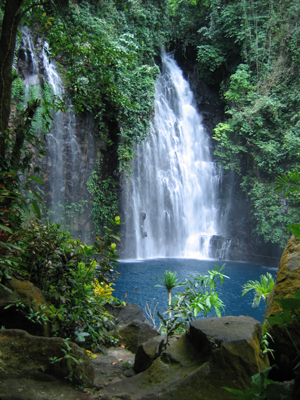
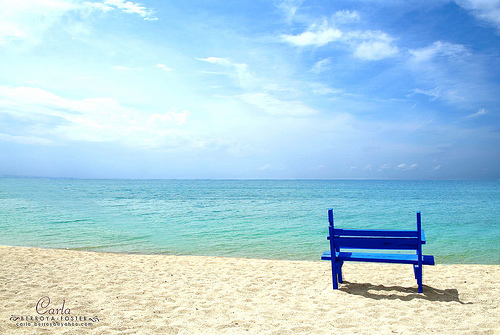
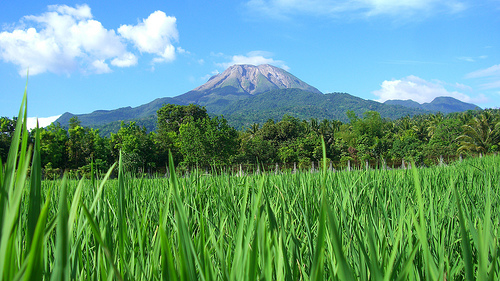
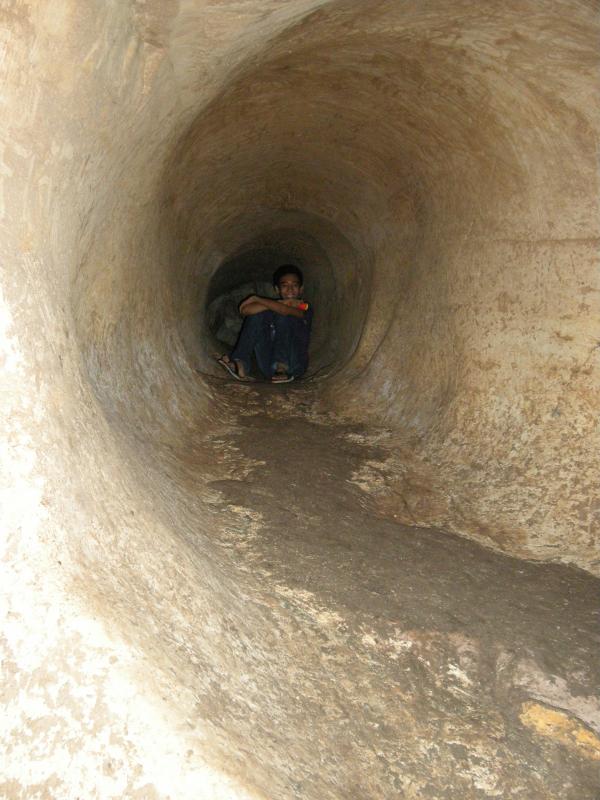
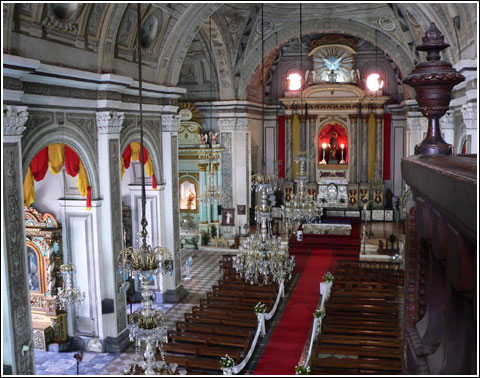
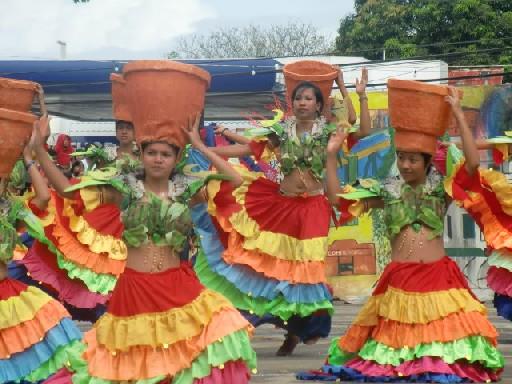



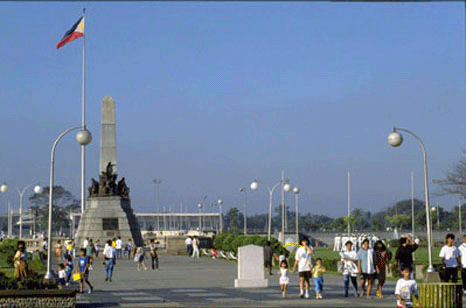
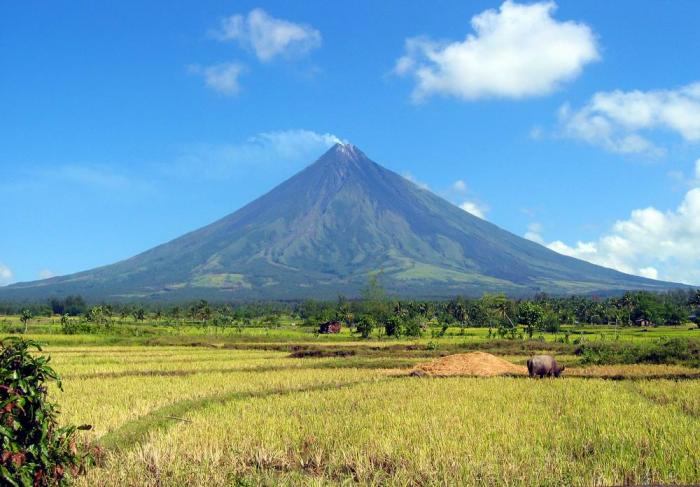
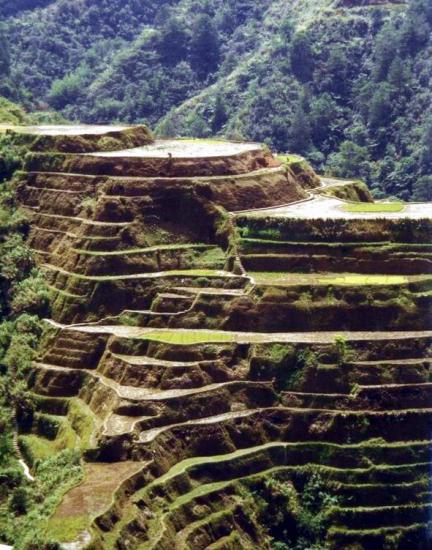
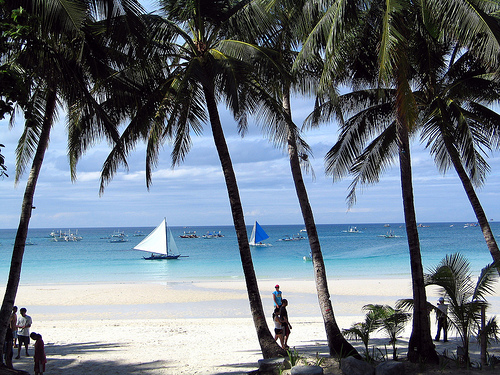
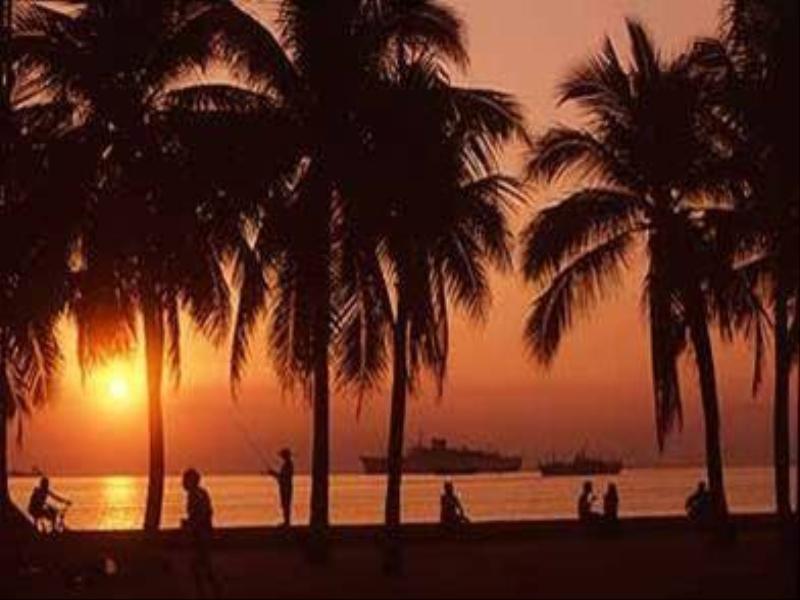
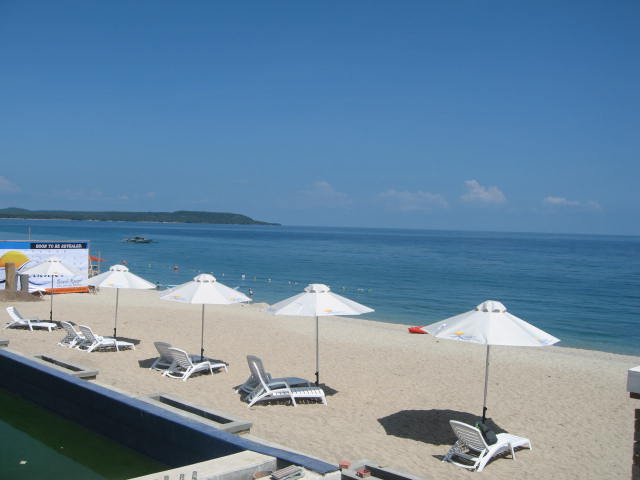
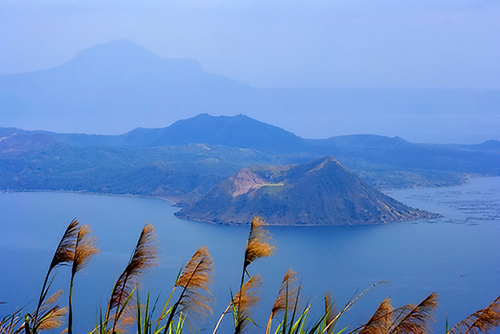

Very biutyfool park whatexp in yourmany fuly jurny In philipins